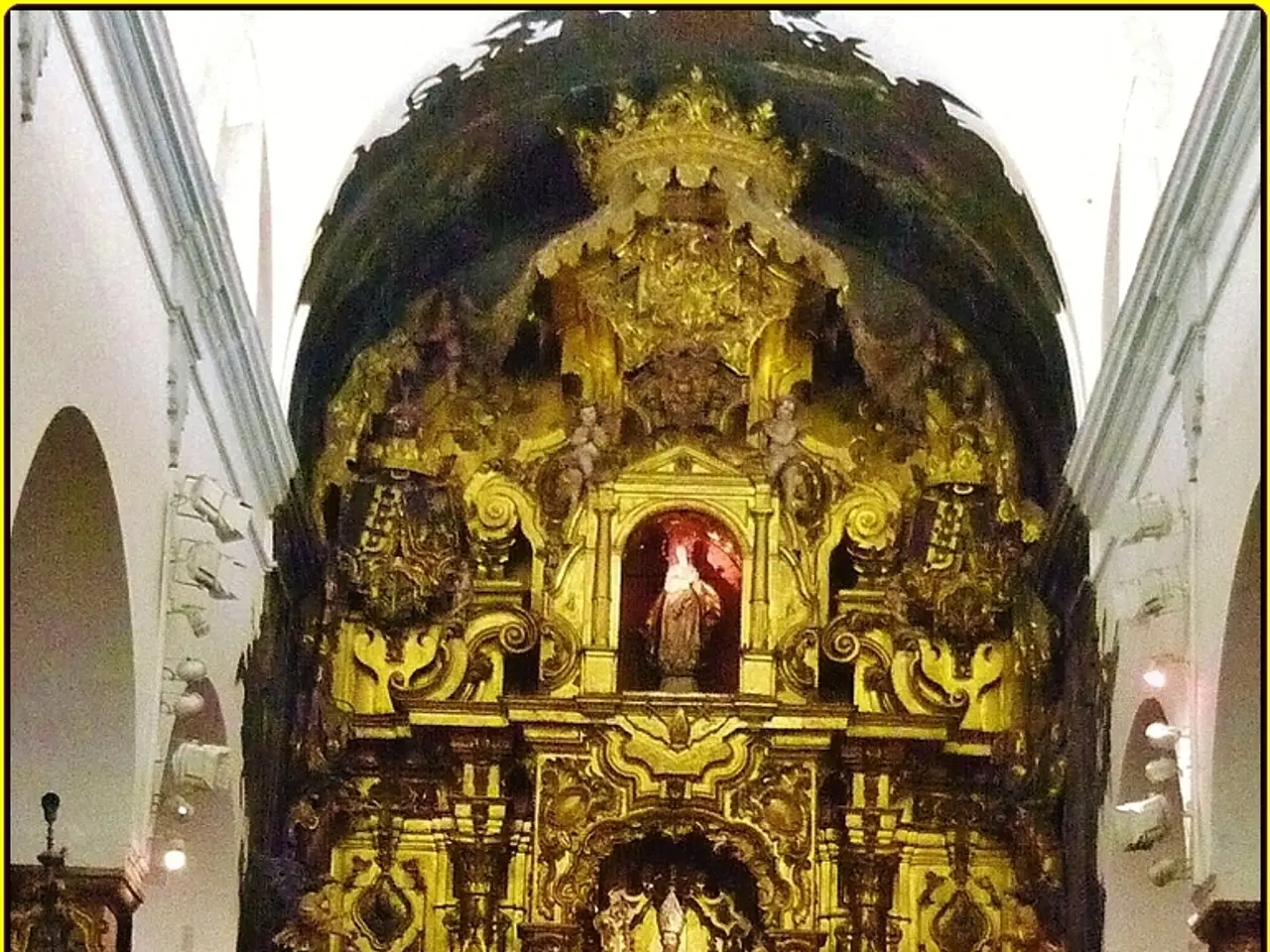Future Diaspora Movement in 2025
In Jewish tradition, the Land of Israel holds a paramount historical and religious significance. According to Moshe Rabbeinu, the greatest Torah teacher, this land is the divinely promised homeland for the Jewish people, a symbol of God’s covenant and faithfulness, and the ultimate destination of the Israelites’ journey from slavery to nationhood.
Moshe's teachings emphasize both the spiritual sanctity of the land and the responsibilities that come with inheriting it. God expressly promised the Land of Israel to the descendants of the Patriarchs, and Moshe repeatedly reminds the Israelites that the land is prepared for them and that they must come to possess it.
Moshe deeply desired to enter the Land of Israel himself, demonstrating its supreme significance in the Jewish faith. However, due to his earlier actions at the waters of Meribah, God denied Moshe entry but allowed him to view the entire land from Mount Nebo as a final blessing.
Moshe calls Israel “the fewest of all peoples” not to denote a lack of faith in God’s promise but to underscore the importance of humility and faithfulness rather than numerical strength. God chose Israel not for their size but for their fidelity to His covenant.
Shortly before the Israelites enter the land, Moshe reiterates the Ten Commandments, connecting the law and covenantal relationship with God to the people’s future life in the land. This underscores that inhabiting the Land of Israel is linked to ethical and religious obligations.
The Land of Israel represents the fulfillment of Jewish historical destiny, transformation from slavery to freedom, and a unique relationship with God. Moshe's teachings frame the land as central to Jewish national identity and spiritual life. Despite his punishment, Moshe’s love and concern for Israel remain profound, reflecting the land’s importance as inseparable from the fate of the Jewish people.
After being cast out of the Land, the Torah lost its earthy component, and the physical Nationhood ceased. The Torah was reduced to moral teachings and a handful of individual commandments. After the Destruction, the Jewish People became minorities in foreign lands. The Torah's first and fundamental message emphasizes the importance of being a Holy Nation with a Holy Land.
Moshe's message in the Torah is a call to go and possess the Land of Israel. The Torah isn't about living as a minority in someone else’s country performing a handful of religious precepts. Before the Destruction, the Torah covered the individual lives and the life of the Jewish Nation, including laws concerning the Israelite king, the Sanhedrin, the army of Israel, prophecy, the Beit HaMikdash, national sacrifices, and agricultural laws unique to the Holy Land.
In summary, according to Moshe Rabbeinu’s teachings, the Land of Israel holds paramount historical and religious significance as the God-ordained homeland, a symbol of the covenant, a test of faithfulness, and the final goal of the Jewish journey from slavery to nationhood. The Torah encompasses the entire life of the Jewish People, including the religious and national aspects, and is meant to be kept in the Land of Israel, not in Brooklyn, Boca, or Beverly Hills.
The historical and religious significance of the Land of Israel extends beyond its geographical boundaries, as it embodies the Jewish People's divinely promised homeland and the ultimate destination of their journey from slavery to nationhood. The Torah, according to Moshe Rabbeinu, is not simply a collection of moral teachings and individual commandments, but a comprehensive guide for the religious and national life of the Jewish People, and it is intended to be upheld within the Land of Israel, not in places like Brooklyn, Boca, or Beverly Hills.
In essence, the Land of Israel is not only vital for the physical existence of the Jewish People but also for their spiritual growth and identity, serving as a constant reminder of their eternal covenant with God. The Torah's first and fundamental message emphasizes the importance of being a Holy Nation with a Holy Land, with the Land of Israel serving as a symbol of God's covenant and faithfulness, and the ultimate test of the Jewish People's faithfulness.








